Hekmat Karzai, Director, of Centre for Conflict and Peace Studies, speaks with Time Magazine about the Bergdahl case.
Monday, May. 28, 2012
Bring Our Son Home By Aryn Baker / Kabul
Bob Bergdahl was halfway through his UPS delivery route on the evening of June 30, 2009, when he received an urgent message from his dispatcher, requesting that he return immediately to headquarters.
Bergdahl had spent the afternoon the same way he spent most afternoons, delivering packages to the far-flung mountain settlements outside Hailey, Idaho, where he lives with his wife Jani and where they had brought up their two children Sky and Bowe. By the time Bergdahl turned in to the graveled parking lot of the UPS hub, it was 7 p.m. standing there, next to his wife, were two American soldiers in dress uniform. Alongside them was an Army chaplain.
For the father of an American infantryman serving in Afghanistan, that could mean only one thing: his beloved son was dead. “How is Jani going to take this?” he wondered. But the two soldiers had something else to tell him. Twenty-three-year-old Private First Class Bowe Bergdahl had gone missing from his base in eastern Afghanistan, near the Pakistani border.
He was, they explained, DUSTWUN–a military acronym that means “Duty Status Whereabouts Unknown.” Bob and Jani stood in the parking lot, and together with the chaplain, they prayed. (MORE: Christopher Morris Photographs Bob and Jani Bergdahl)
They did not yet know it, but their son was a prisoner of the Taliban, the only American soldier ever to be taken alive and held by the militant group that the U.S. has been fighting since the war began in October 2001.
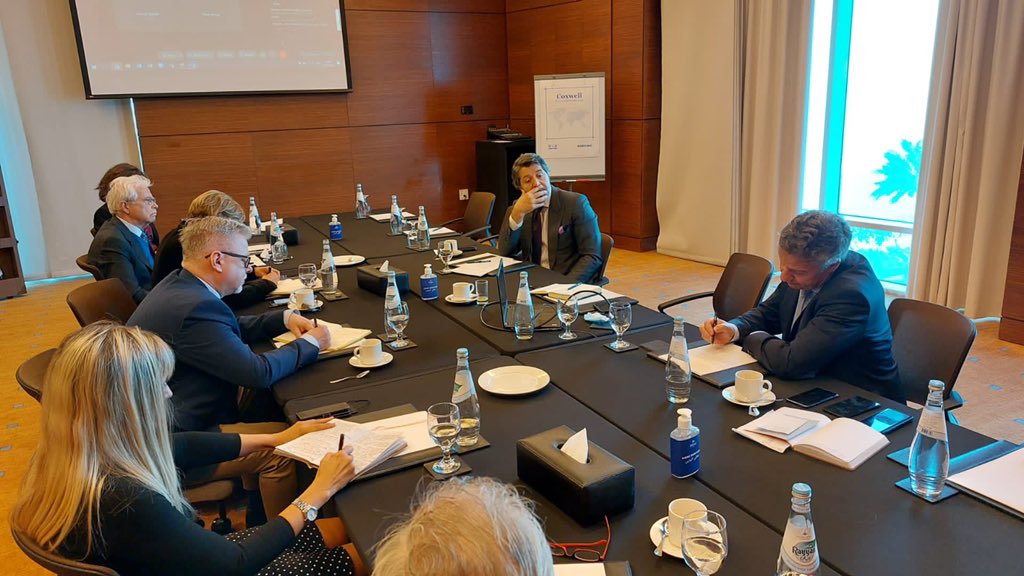
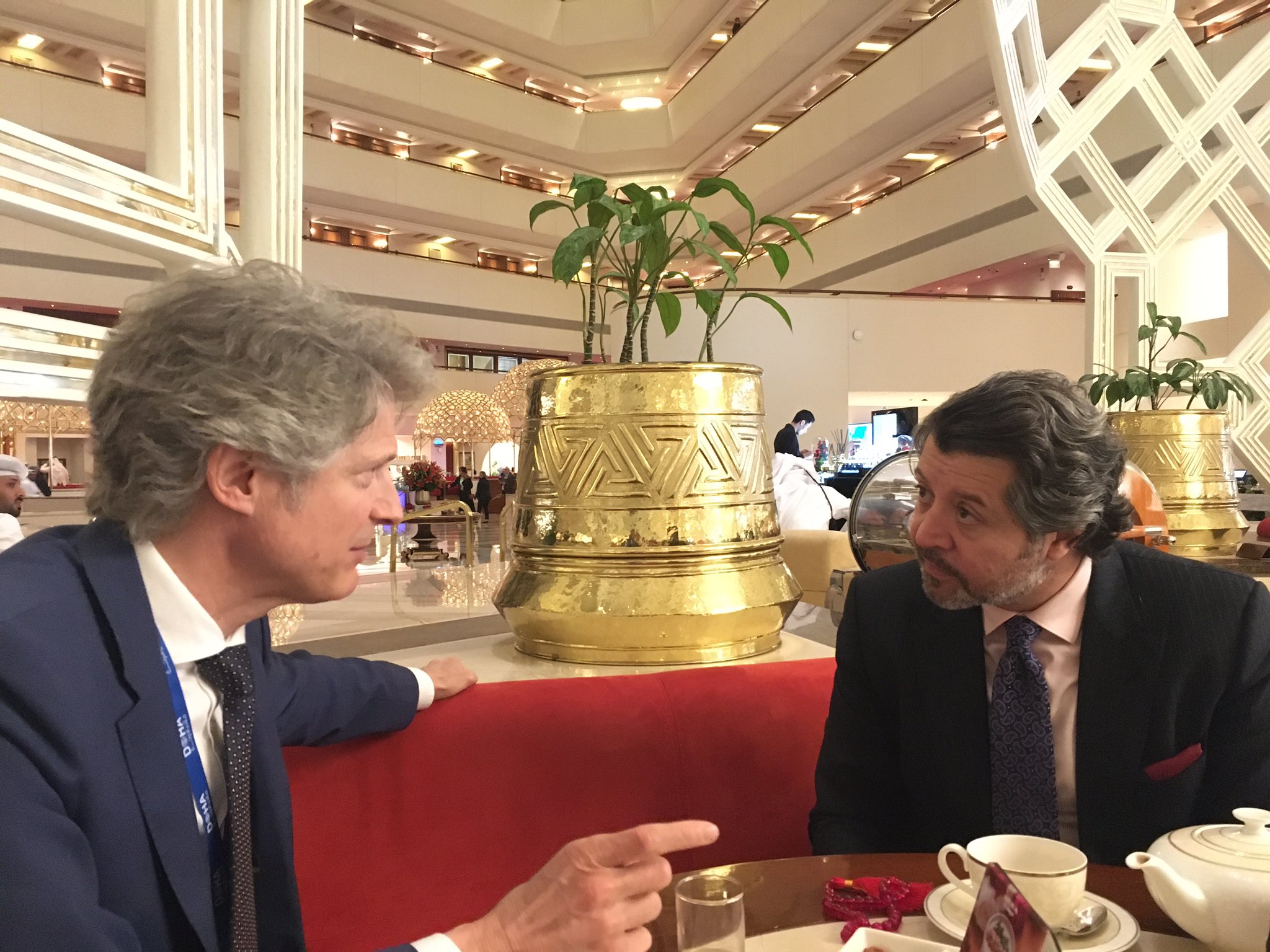

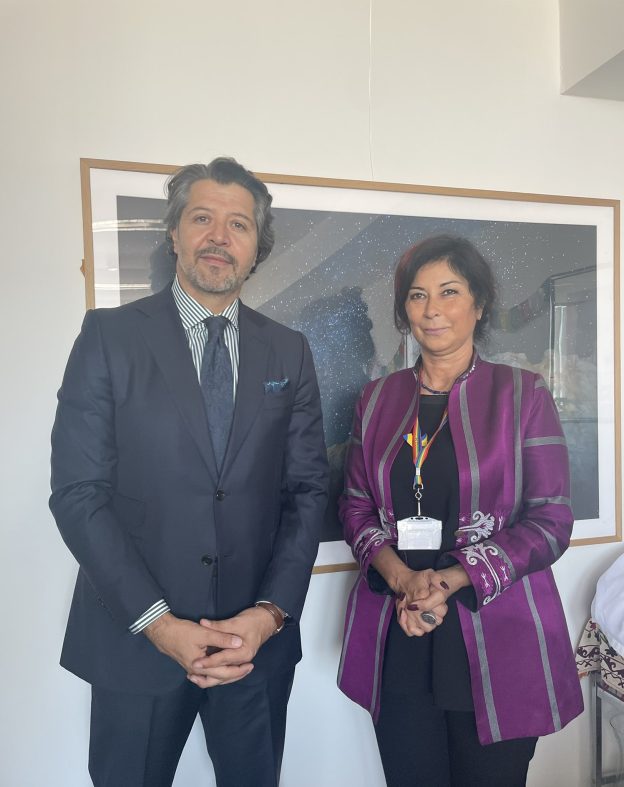
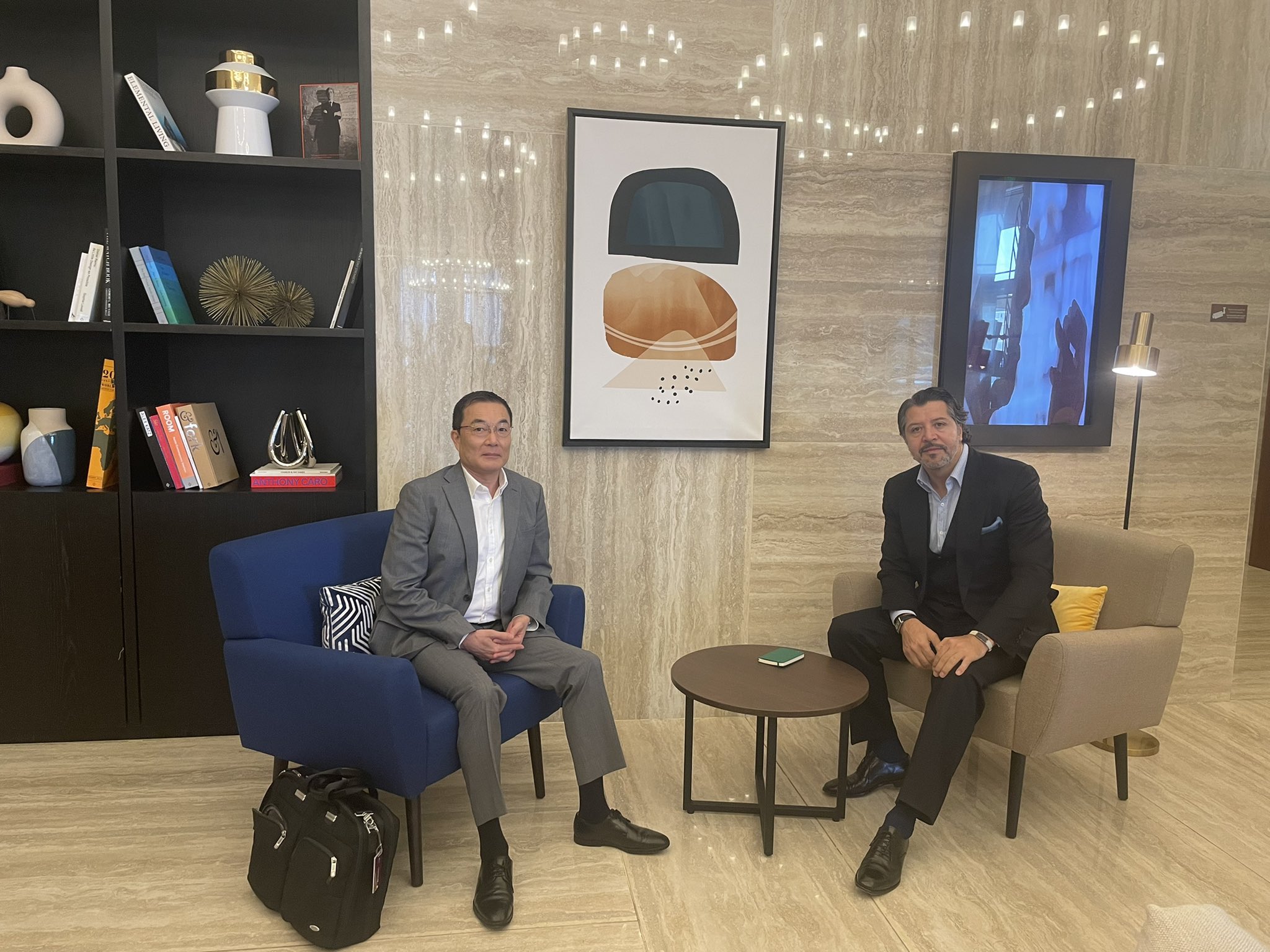
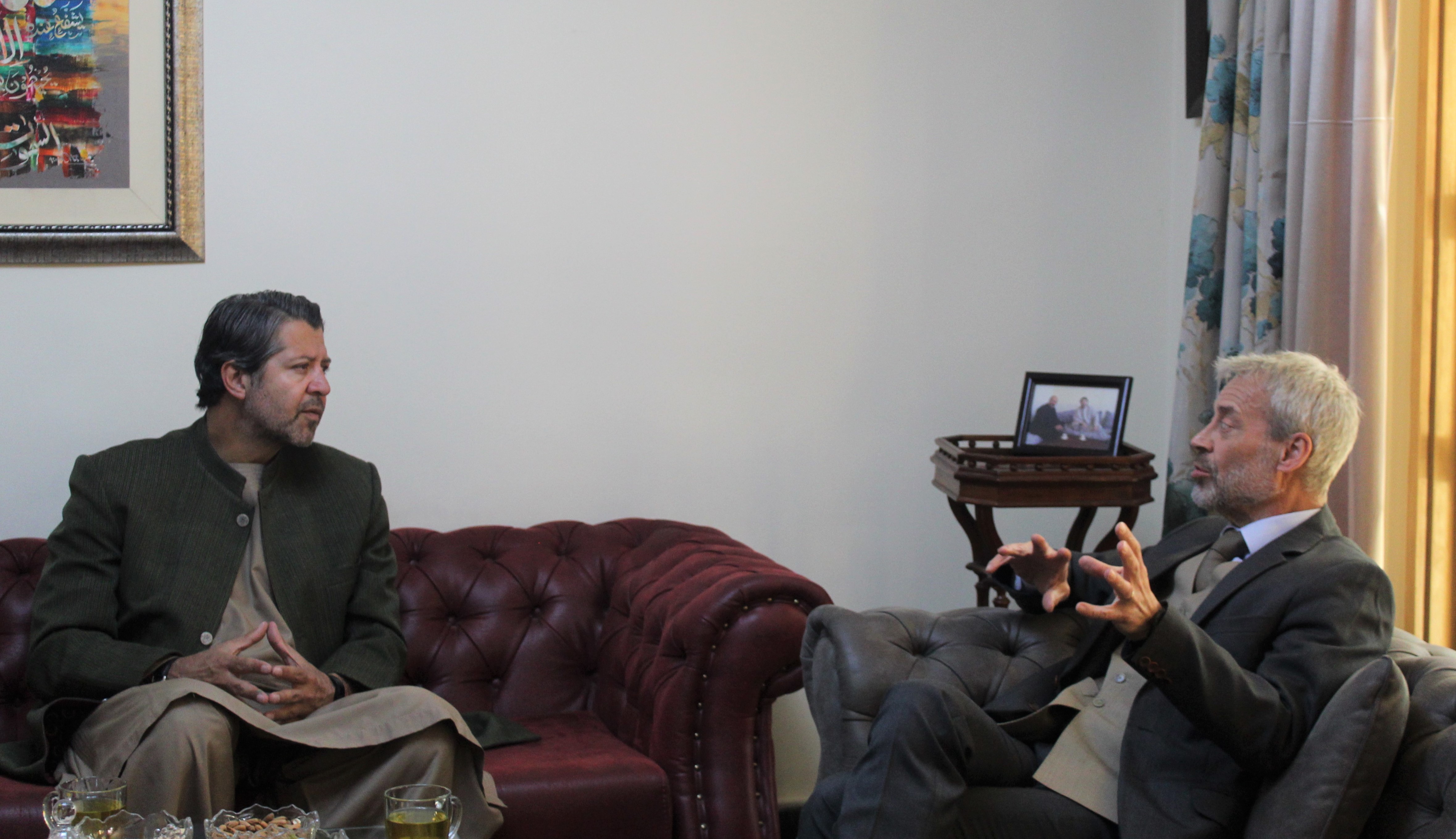
Leave A Comment